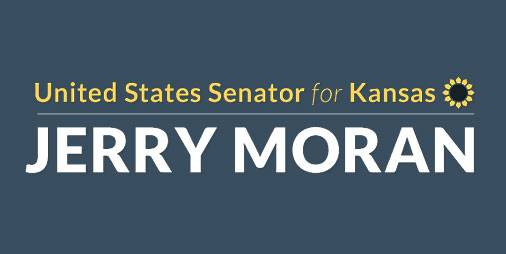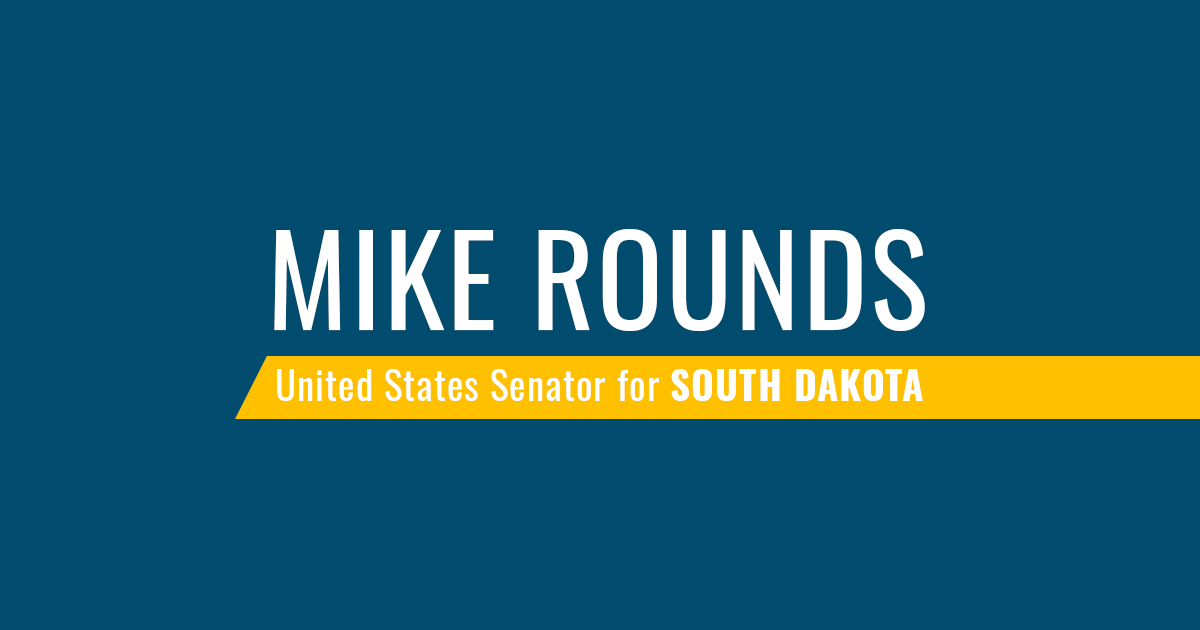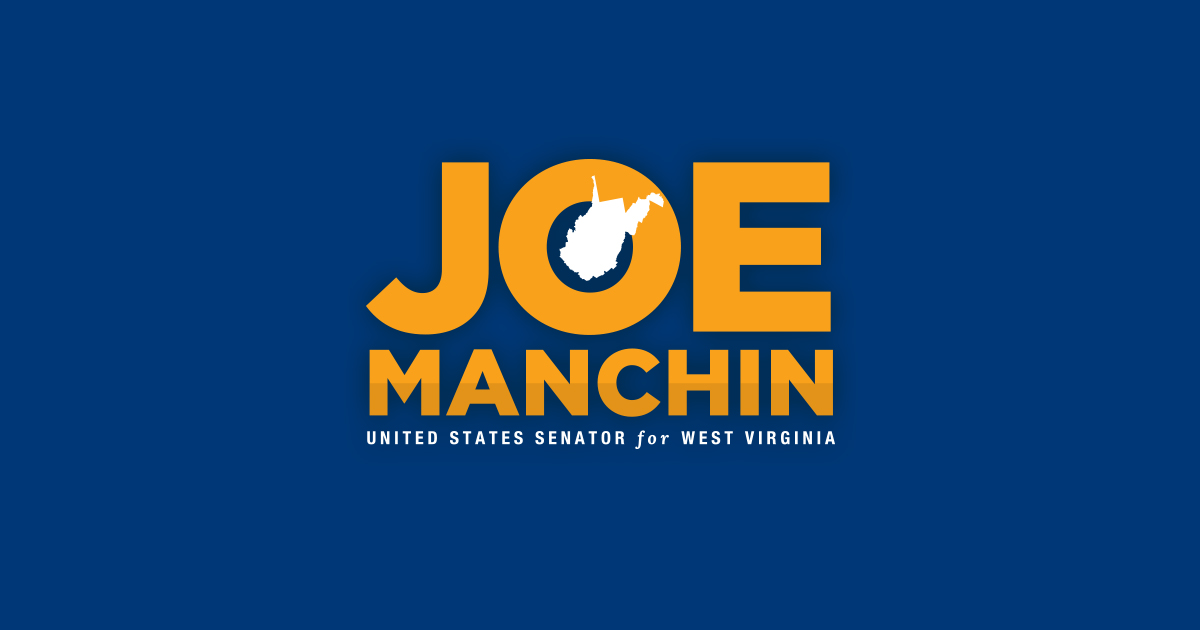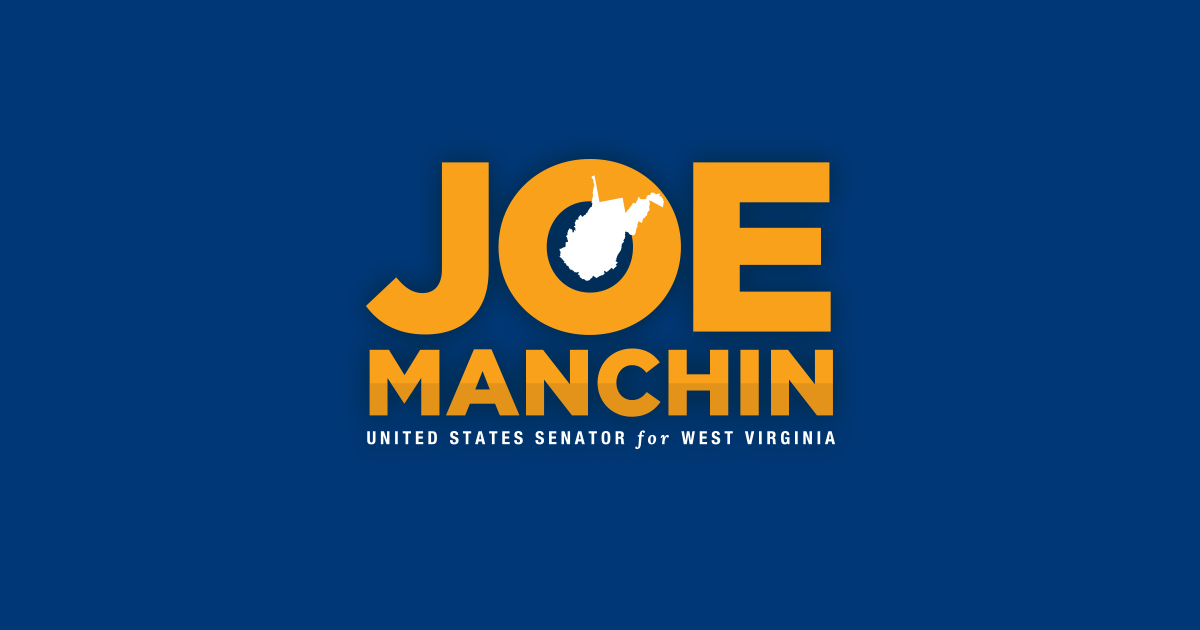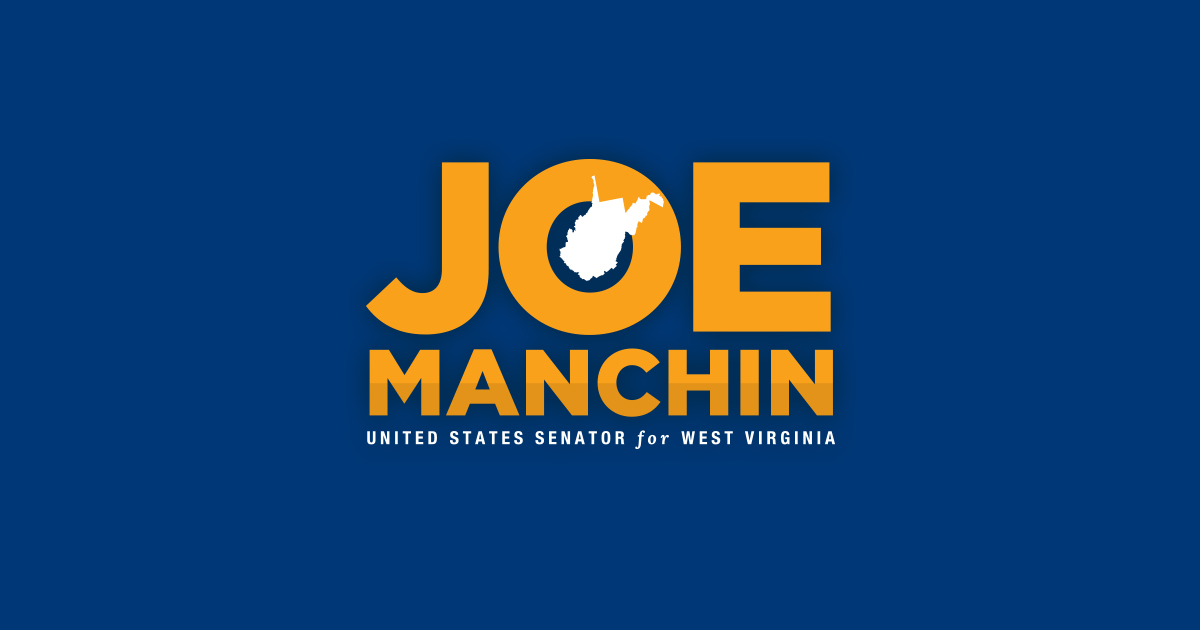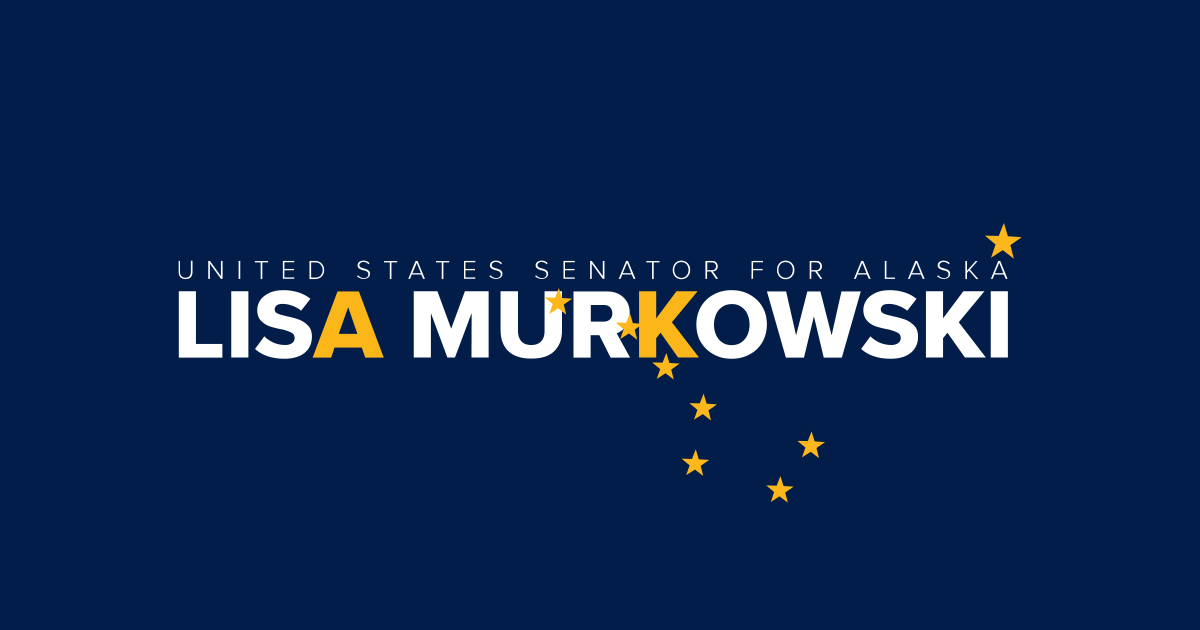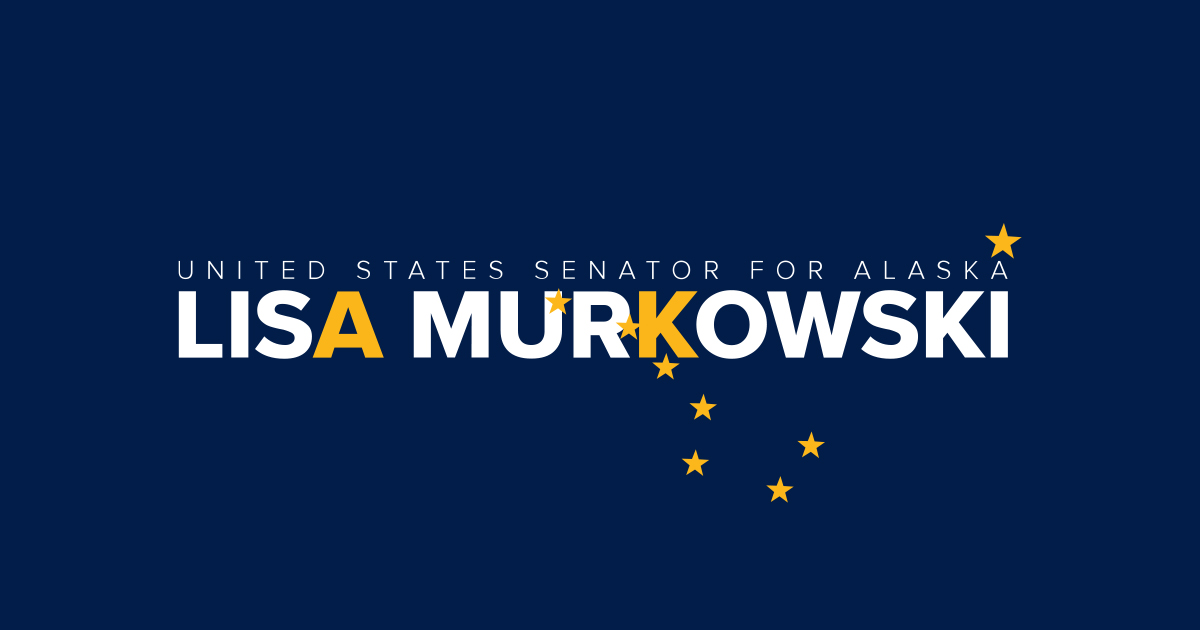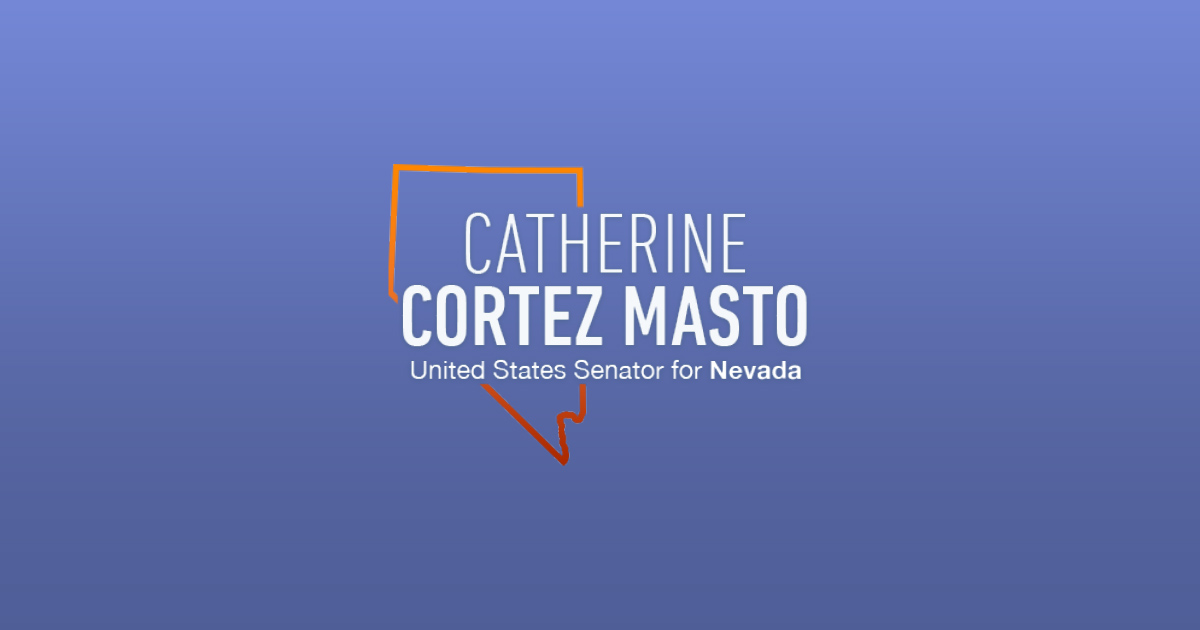Source: United States Senator for Kansas – Jerry Moran
WASHINGTON – Today, President Joe Biden signed into law the VA Electronic Health Record Transparency Act of 2021, legislation introduced by Senators Jerry Moran (R-Kan.) and Jon Tester (D-Mont.) – ranking member and chairman of the Senate Veterans’ Affairs Committee – to increase transparency surrounding the Department of Veterans Affairs’ (VA) Electronic Health Record Modernization (EHRM) program.
Last summer, the VA Office of Inspector General (OIG) released three reports that raised concerns surrounding the deployment of the EHRM program. Two of the reports raised issues with cost estimates and reporting. The VA Electronic Health Record Transparency Act would hold the VA accountable and increase transparency by requiring the VA Secretary to submit periodic reports to Congress regarding the costs, performance metrics and outcomes for EHRM.
“The VA, and consequently our nation, has invested a great deal of time and money into the VA Electronic Health Record Modernization program,” said Ranking Member Moran. “The potential benefits of this program are important, and it is vital to get it right. Now that this legislation has been signed into law, we can make certain the VA is providing the proper transparency throughout the EHRM implementation. This will better allow the committee to conduct oversight during the deployment process to ensure veterans receive the care they deserve and hold the VA accountable for taxpayer dollars.”
“It’s clear that VA’s Electronic Health Record Modernization program is not working for veterans, VA employees, or taxpayers,” said Chairman Tester. “I’m proud to have worked with Senator Moran and our colleagues to get our bipartisan bill across the finish line, allowing us to increase oversight and transparency on behalf of the VA medical staff using this program, so we can better provide our nation’s veterans the quality care they have earned.”
Senators John Boozman (R-Ark.), Patty Murray (D-Wash.), Bill Cassidy (R-La.), Sherrod Brown (D-Ohio), Mike Rounds (R-S.D.), Richard Blumenthal (D-Conn.), Thom Tillis (R-N.C.), Mazie Hirono (D-Hawaii), Dan Sullivan (R-Alaska), Joe Manchin (D-W.Va.), Marsha Blackburn (R-Tenn.), Kyrsten Sinema (D-Ariz.), Kevin Cramer (R-N.D.), Maggie Hassan (D-N.H.), along with Mike Braun (R-Ind.), cosponsored the legislation.
Following the release of the third VA OIG report earlier this year, Sen. Moran released a statement available here and Sen. Tester released a statement available here. Sens. Moran and Tester also held a hearing titled, “VA Electronic Health Records: Modernization and the Path Ahead” with VA Secretary Denis McDonough
The Senate Veterans’ Affairs Committee plans to hold a hearing on the EHRM program on July 20.
U.S. Representatives Mark Takano (D-Calif.), Mike Bost (R-Ill.) and Frank J. Mrvan (D-Ind.) introduced companion legislation that passed the U.S. House of Representatives last November.
Bill text of H.R. 4591, the VA Electronic Health Record Transparency Act of 2021, can be found here.
# # #
